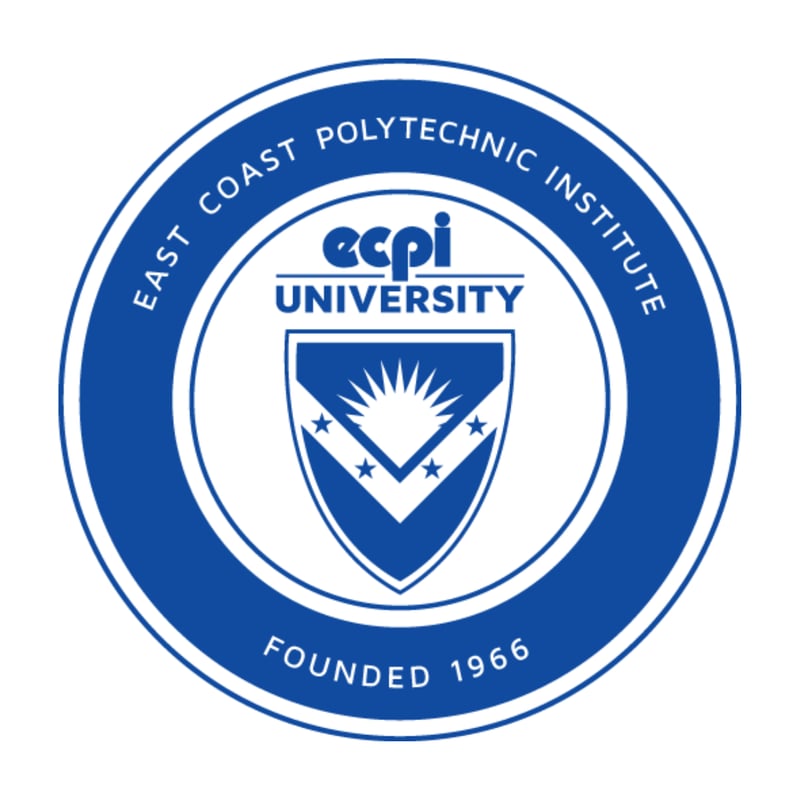
Financial aid (may be available)

No cost info

Financial aid (may be available)

Financial aid (may be available)

Financial aid (may be available)

No cost info

No cost info

Financial aid (may be available)

Financial aid (may be available)

$2,625 total

No cost info
No cost info
Learn about the components of supply chains including supply chain networks, supply chain facilities, transportation, and inventory management as well as how emerging technologies affect them with our Supply Chain Fundamentals Certificate. These courses are perfect for learners seeking to enter the supply chain profession, as well as those who are seeking to enter supervisory roles or enter a new domain within the supply chain.
No cost info
This certificate program provides a foundation in supply chain and logistics management from both a U.S. as well as global perspective, preparing participants for professional careers with manufacturers and distributors, transportation carriers, and logistics service providers.
No cost info
American Military University (AMU) offers a logistics management certificate at the graduate level. It provides in-depth study of logistics and supply chain management with consideration of global impacts.
AMU’s online logistics certificate emphasizes transportation factors related to logistics, especially the maritime industry. The curriculum covers topics such as:
Transportation policy and planning
Transportation management and economics
Port and terminal operations
This program is an appropriate choice for those who wish to increase their knowledge of logistics and supply chain management without committing to a full degree program.
No cost info
No cost info
The online Logistics and Supply Chain Management Certificate from CCU will help you gain a deeper understanding of the processes and fundamentals within supply chain and inventory management, including purchasing and inbound logistics; material handling in distribution centers; warehousing and warehouse management; financial and inventory controls; transportation and distribution; and reverse and global logistics.
No cost info

Financial aid (may be available)

Financial aid (may be available)
Are you interested in a career in logistics? Do you want to find the best logistics classes near you in Winston? Look no further! In this blog post, we will explore what logistics is, the training requirements, what to look for in a class, what to expect from the day-to-day class, the certification process, how to find related jobs, and other classes you can take after becoming a logistics professional. So let's get started!

Logistics is a crucial component of any business that involves the movement of goods and materials. It includes activities such as transportation, warehousing, inventory management, and supply chain management. A career in logistics can be rewarding and offers a wide range of job opportunities in various industries.
Logistics is the process of planning, implementing, and controlling the efficient and effective flow of goods, services, and information from the point of origin to the point of consumption. It plays a vital role in ensuring that products are delivered to customers on time and in the right condition. A logistics professional is responsible for managing the entire supply chain and ensuring that all operations run smoothly.
To pursue a career in logistics, you will need to acquire the necessary skills and knowledge through vocational training. While there are no specific educational requirements for entry-level positions, most employers prefer candidates with a high school diploma or equivalent. However, for more advanced roles, such as logistics management, a bachelor's degree in logistics, supply chain management, or a related field may be required.
When searching for logistics classes near you in Winston, there are a few key factors to consider:
Accreditation: Make sure the class is accredited by a recognized accrediting body. This ensures that the program meets certain quality standards and that your certification will be recognized by employers.
Curriculum: Look for a class that covers all the essential topics in logistics, including transportation management, inventory control, supply chain management, and logistics technology.
Hands-on Training: Practical experience is crucial in the logistics field. Look for a class that offers hands-on training opportunities, such as internships or real-world simulations.
Experienced Instructors: The quality of instruction can greatly impact your learning experience. Look for classes taught by instructors with industry experience and expertise.
Job Placement Assistance: Some classes may offer job placement assistance or have partnerships with local employers. This can be a valuable resource in finding employment after completing your training.
Logistics classes typically combine classroom instruction with hands-on training. Here's what you can expect from the day-to-day class:
Classroom Instruction: You will learn about various aspects of logistics, including transportation management, warehousing, inventory control, and supply chain management. You may also learn about logistics technology and software.
Practical Exercises: You will have the opportunity to apply your knowledge through practical exercises and simulations. This may involve managing inventory, planning transportation routes, or optimizing supply chain operations.
Group Projects: Collaborating with classmates on group projects is common in logistics classes. This allows you to develop teamwork and problem-solving skills, which are essential in the logistics field.
Guest Speakers: Some classes may invite guest speakers from the industry to share their insights and experiences. This provides valuable real-world perspectives and networking opportunities.
After completing your logistics training, you may choose to pursue certification to enhance your job prospects. While certification is not always required, it can demonstrate your expertise and dedication to potential employers. The most recognized certification in the logistics field is the Certified Supply Chain Professional (CSCP) certification, offered by the Association for Supply Chain Management (ASCM).
The certification process typically involves the following steps:
Eligibility: To be eligible for the CSCP certification, you must have at least three years of related work experience or a bachelor's degree.
Exam: You will need to pass a comprehensive exam that covers various aspects of supply chain management, including logistics, operations, and procurement.
Continuing Education: To maintain your certification, you will need to earn continuing education credits every three years. This ensures that you stay up-to-date with the latest industry trends and best practices.
Once you have completed your logistics training and obtained certification, you will be ready to embark on a rewarding career in the field. Here are a few ways to find related jobs:
Online Job Platforms: Utilize online job platforms such as Indeed, and LinkedIn to search for logistics job openings. These platforms allow you to filter job listings by location, experience level, and other criteria.
Networking: Networking is an essential part of finding job opportunities in any field. Attend industry events, join professional associations, and connect with professionals in the logistics industry to expand your network.
Job Fairs: Attend local job fairs that specifically focus on logistics and supply chain management. These events provide an excellent opportunity to meet potential employers and learn about job openings.
Once you have established yourself in the logistics field, you may want to consider taking additional classes to expand your skill set and advance your career. Here are a few classes you can consider:
Supply Chain Management: This class focuses on the strategic aspects of managing the entire supply chain, including procurement, production, and distribution.
Six Sigma: Six Sigma is a methodology used to improve business processes and reduce defects. Taking a Six Sigma class can enhance your problem-solving and process improvement skills.
Project Management: Project management skills are highly valued in the logistics field. Taking a project management class can help you effectively manage logistics projects and teams.
Logistics Technology: As technology continues to play a significant role in logistics, taking a class on logistics technology can help you stay updated with the latest trends and tools in the industry.
If you are considering a career in logistics, finding the right class is the first step towards achieving your goals. By choosing a well-rounded and accredited program, you can gain the necessary skills and knowledge to succeed in the field. Remember to consider factors such as accreditation, curriculum, hands-on training, and job placement assistance when selecting a class. And don't forget to check out Dreambound for a comprehensive platform to find vocational training programs, including logistics classes near you in Winston. Good luck on your journey to a rewarding career in logistics!
Dreambound is your go-to for city-specific guides if you're starting in this field. And if you're in another location or considering a change, we've written several others as well.
Exploring diverse professional options? Dreambound has comprehensive guides to assist you in making well-informed decisions. Take a look at these resources:
Dreambound's platform allows prospective students to find the right educational program for them through searching, filtering, and connecting with our extensive selection of career & technical education partners.
Dreambound has over 70 programs across healthcare, technology, business, and industrial trades. This includes programs such as Medical Billing, Cybersecurity, and welding.
Some of our schools offer financial aid for those who qualify. Many others offer payment plans, where you can pay the cost of class over time.
Yes, Dreambound offers many online programs. On Dreambound's search, you can filter by online, in-person, and hybrid (part online, part in-person).
Dreambound is completely free for you to use! We are supported by schools and organizations who pay to advertise on our website, so we can offer all of our career resources for free.